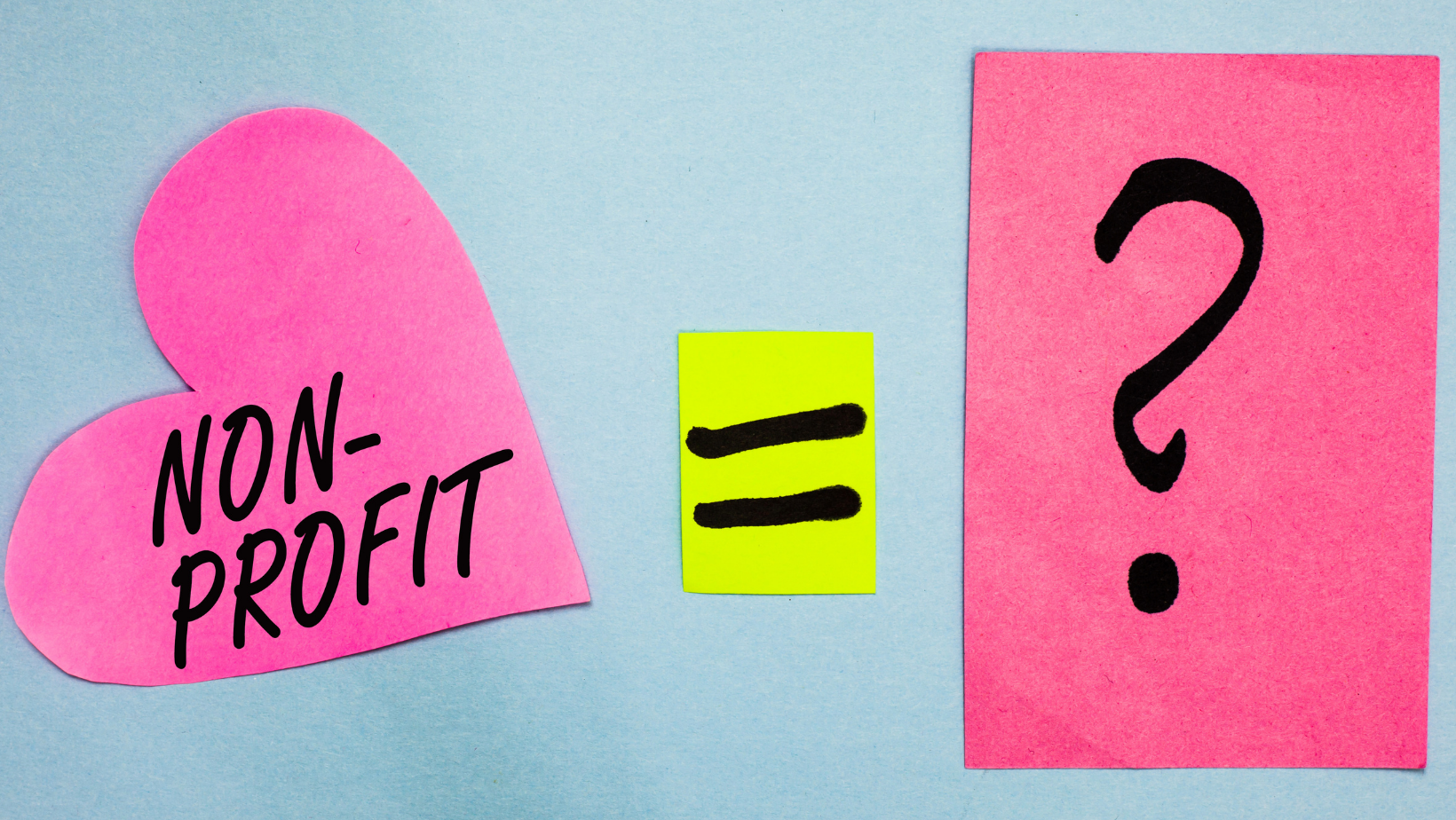
The potential problems of profit for non-profits
In previous blog posts about BOAS' business model and for-profits gone wrong, we explained that we're the world's first profit for non-profit, and the problems that many for-profits have. We think profit for non-profit is a great solution, but we also want to highlight the potential problems with our business model and what we're doing to minimize the risks. Let's dive in!
Potential problems of profit for non-profits
First, we’re not yet sure if they work and how they work. Because it hasn’t been done before, there’s a lot we still need to learn. What we do know is that you need money to grow a big company. You typically get that money from investors, and these investors expect a return on investment. BOAS is trying to get their money from philanthropists, people who give it away to us because they think we will maximize the impact of their donation. We’re also talking to impact investors. Investors who care more about making an impact than getting a return on investment.
Second, everything we donate can’t be used to grow BOAS. We want to be a big company, and that usually means you reinvest all of your profits to grow the business, for at least the first few years. But we also want to donate from the inception of our company, so we give away at least 5% of sales even when we don’t have a profit. That money can’t be used to grow our business. Again, we think we can grow with the help of the impact investors and philanthropists. But more importantly, we believe people trust BOAS more than other marketplaces, and that trust leads to loyal customers and customers who tell their friends and family about us. Our focus on trust means we can spend less on marketing. That means money to grow and donate to create even more trust.
Third, if people buy things they don’t need because they like and trust us, those things cause pollution, even if they are sustainable, and that money could have been donated to effective charities by our customers. We’re mitigating this by educating our customers that it’s better to buy less and buy better and show alternatives to buying new, like repairing, sharing and buying second hand.
Weighing the potential problems with the potential benefits, it seems clear that we should at least try and build the world’s first profit for non-profit.
Thinking about building a profit for non-profit yourself?
There are a couple of things to consider. Most importantly, when you start and how you make the profit is important.
In principle, any for-profit can become a profit for non-profit. But companies with investors or companies listed on a stock market will never be able to give away all of their profits to charities, because their investors won’t allow them. So it’s important that you decide that your company is going to be a profit for non-profit early on.
It’s also important how you make that profit. Take the example of oil company Shell. The Shell foundation donates around 20 million dollars a year to "to catalyse new solutions to tackle major social and environmental challenges in ways that are sustainable and generate large-scale impact". Don't know what that means, but sounds like they want to help the environment and be sustainable. Cool! Right?
Shell had roughly 20 billion dollars in profits last year. A 20 million donation is 0.1% of their profit. Suppose you're an average western European making 30K a year and you make 3K a year in "profit" (what's left after eating, housing, taxes and bills). If you gave away 30 cents to charity each month, you'd be giving away more than Shell.
But donating 20 million to charities is better than nothing! Right?
The most likely estimate for the social cost of emitting one ton of Carbon is $417 Dollars. But let's suppose the lowest estimate, the one almost all experts agree is far too low, an estimate that doesn't even include the environmental cost, just the socioeconomic cost. That's $50 dollars per ton.
In 2019, Shell's own emissions and the ones from burning their fuels were 1.646.000.000 tons of CO2. Even at the far too low cost of $50, the social cost of Shell's business is 82.3 Billion dollars each year.
So Shell does at least 82 billion in damage each year (likely much higher), and they donate 20 million, or 0.024% of those damages. If their greenwashing campaign helps Shell do business as usual for just one more day, the cost of that is already more than 10 times higher than their donations. Does that sounds like a fair deal to humanity?
So we believe that profits for non-profits should make their money with businesses that are mostly good, or at least neutral. At BOAS, we sell products that have an impact on the environment and we might sometimes make mistakes, like adding a product that doesn’t turn out to be sustainable, or that’s made by people who are extorted or underpaid. But we believe that the alternative is more harmful, because we believe the odds of buying something that’s not sustainable or unethical are higher at other marketplaces than at BOAS. And because we always ask ourselves the question: how can we do the most good? We fix our mistakes and minimize our impact on the environment.
If you’re thinking about starting a profit for non-profit, or you want to work for one, please contact us. We get that that’s not an easy decision, so there are other ways to help.
Other ways to help
If you’re an individual, you can consider donating to effective charities. You can consider donating 1% of your income to effective charities. Over your lifetime, that 1% usually adds up to multiple lives saved and hundreds of lives improved. You might look at where you’re now donating and seeing if that’s effective. We’re fans of GiveWell, who search for the charities that save or improve lives the most per dollar. Don’t forget to tell your friends and family you’re donating effectively. Doing good is contagious!
As an individual you can also ask the company that you work for to consider donating part of their profits to effective charities. And again, you can ask them to use not only their hearts, but also their heads when donating, so they give to effective charities. 1% for the planet is an organization dedicated to putting people and the planet over profit. If your company joins, it will donate 1% of revenue to environmental issues.
And finally, as an individual, you decide where you work. You’re talented and you should use that talent for a company that does good! And not unimportant, doing good feels good! So go work for that company that’s changing the world for the better, whether that’s a non-profit, for-profit, or profit for non-profit!















